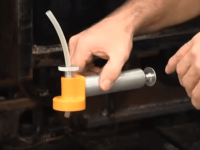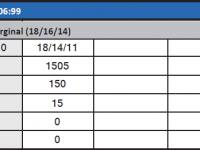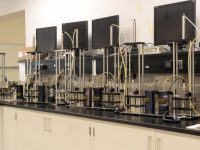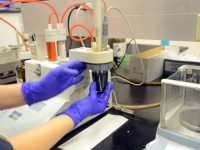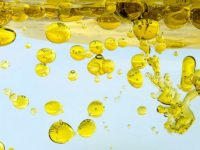The importance of oil sampling on a regular basisRoutine oil sampling is the key to a successful maintenance program. Oil testing provides essential information to determine the condition of your equipment. Baseline of normal wear can be established during the first few months of a program. As the program matures, only routinely scheduled testing can…
Read more
The Importance of Performing Oil Sampling on a Regular Basis
